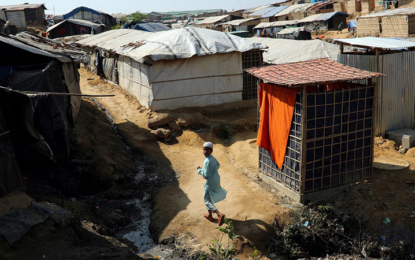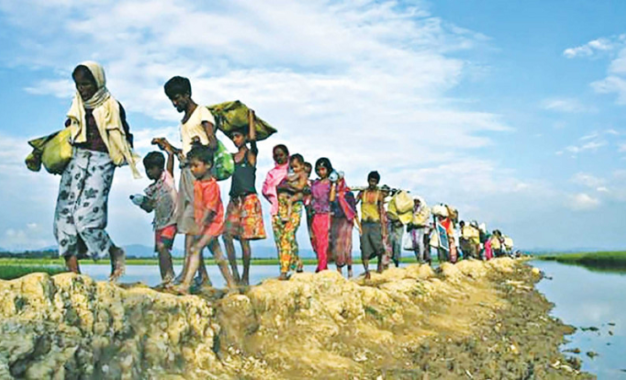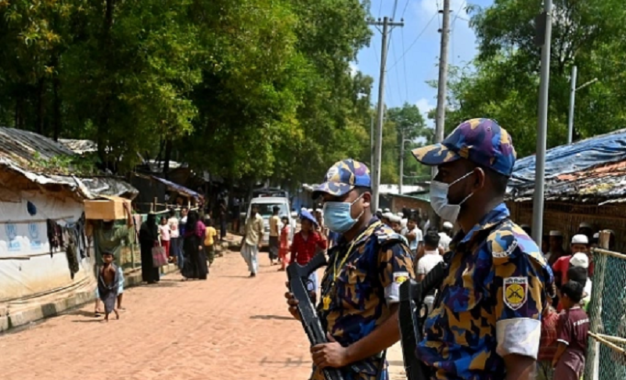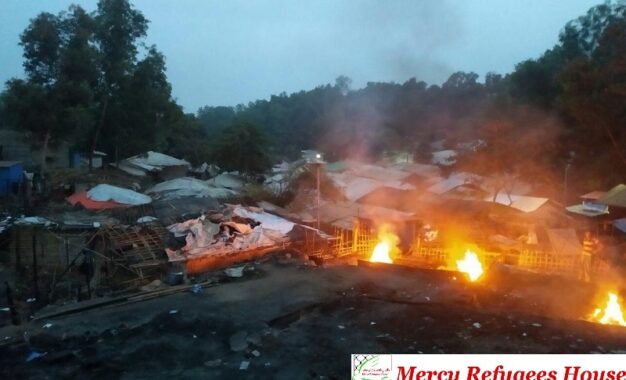Latest News
Supporting the extreme poor in Cox’s Bazar
Bangladesh, Documents, Education, Help Refugees, Human Rights, Myanmar, Refugees Issues, Religious Rights
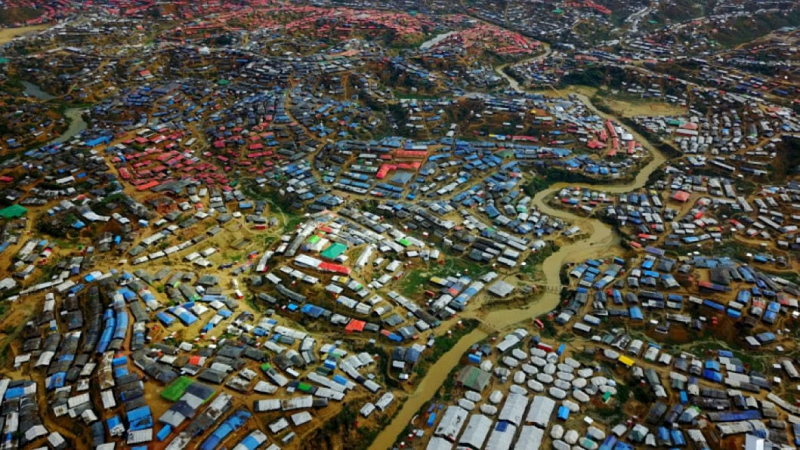
There is no denying the fact that more than 730,000 forcibly displaced Rohingya living in the camps at Ukhiya and Teknaf upazilas in Cox’s Bazar since August 2017, with a traumatic past and an uncertain future, is a grave humanitarian crisis. But this large-scale influx, in an ecologically vulnerable region like Cox’s Bazar, has had a significant negative impact on the host communities, particularly the poor population. While the Rohingya have received massive international and national attention and resources, and rightly so, the plights of these poor locals brought on by the Rohingya influx usually does not get the attention it deserves.
Several research and surveys indicate that since 2017, when the Rohingya crisis began, income and employment opportunities in the host communities have significantly fallen. For example, a study by SMA Ullah, et. al. found that between 2015 and 2020, the average income decreased by 11 percent in the host communities while the national income grew by about five percent every year during the same time. A 2021 survey by the Brac Institute of Governance and Development (BIGD) found that the employment rate in Cox’s Bazar was almost 20 percentage points lower than the national average, even among men.
ALSO READ THIS: OIC CHIEF VISITS ROHINGYA CAMPS IN COX’S BAZAR
The negative impact can be attributed primarily to the increase in labour supply, with the Rohingya people informally (and illegally) offering labour at a cheaper rate as they do not have any other option. And naturally this increased supply has had the worst impact on the poorest locals, because their livelihoods – manual labour, petty business, and primary activities (notably fishing in Cox’s Bazar) – are usually the jobs taken up by the Rohingya, who are unlikely to have the necessary skills or resources to pursue other (better) livelihood options.
Supporting the poor people affected by the Rohingya crisis is crucial for maintaining stability in the region and a good relationship between the two communities. Many members of the host communities now harbour negative feelings about the Rohingya because of several reasons, including the competition in the local labour market. Supporting them also has a strong humanitarian appeal; after all, they are vulnerable, too, due to poverty.
Amazon Sponsorship
Recent Posts
Jul 29, 2023
It has been close to six years since hundreds of thousands of Rohingya faced a deadly genocide by Myanmar’s military and fled the country in search of protection and refuge in neighbouring Bangladesh. The Rohingya population has been undergoing persecution, discrimination, arbitrary arrests, and atrocities in Myanmar for over seven decades. Their condition is alarmingly […]


